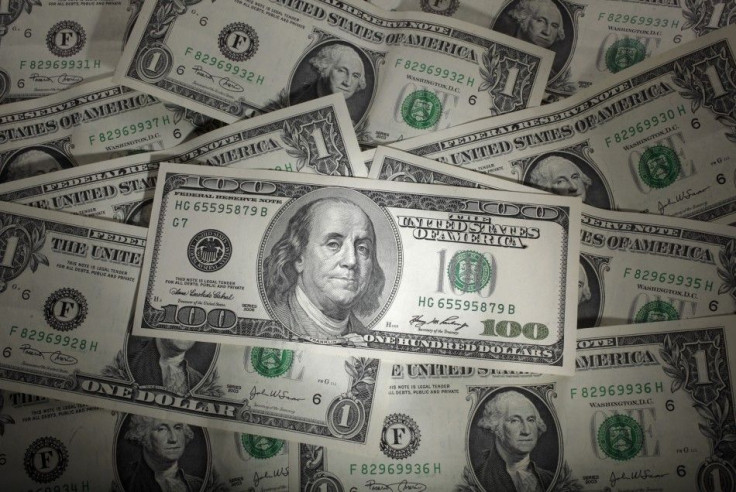New Corporate Tax In San Francisco Targets The Wealthy, But Who Is Really Impacted?
KEY POINTS
- Any co with CEO earning 100 times its average worker will pay 0.1% surcharge
- New taxes attempt to address widening income inequality
- Critics say businesses may stop hiring or increase automation to escape extra tax
San Francisco's new surcharges aim to reduce gaping pay disparities by taxing companies in which top executives take home at least 100 times more than the average worker. Critics, however, suggested that the "CEO tax" may end up hurting the ordinary workers.
As per the law approved by voters this month, “any company whose top executive earns 100 times more than their average worker will pay a 0.1% surcharge on its annual business tax payment”. The greater the disparity, the greater the surcharge. If the CEO earns 200 times more than the average employee, the surcharge will be 0.2%. If it's 300 times, the surcharge becomes 0.3%.
The new taxes are expected to help the city rake in $60 million to $140 million in revenue per year, about 0.4% to 1% of its annual budget.The sweeping business taxes would translate into higher tax rates for tech companies and a higher transfer tax on property sales between $10 million and $25 million, AP reported.
Critics said this may end up hurting workers as the tax burden falls on the companies, not CEOs personally. The law is drafted in a way that the wealthy, tax experts and accountants may find loopholes and escape these taxes, according to a Forbes report. Ultimately, workers may have to pay for the extra taxes. To reduce their tax exposure, companies may pause seasonal hiring and increase automation in their operations. They may even let go of the low-paid workers.
Equally worrying would be a relocation of companies to other states where tax rates are lower. Florida has seen a massive influx of companies and money managers because it does not have a state income tax. Due to remote working in the pandemic, it has been easier for companies to shift operations to cities where tax codes are more to their liking.
San Franscisco's new surcharges are part of a decade-long movement to narrow the income gap among the public. According to data from the Pew Research Center, the U.S. is one of the most unequal countries in terms of pay in the developed world. In 2018, the top 10% earners made 12.6 times more money than the lowest 10%.
Wealth has been increasing in the country even during the COVID-19 pandemic. The difference between the ultra-rich in America and the working class has increased drastically during the past ten months. Millions of jobs have been lost and working employees have been burdened with rent, mortgages, tuitions and other payments. Meanwhile, CEOs of tech giants like Jeff Bezos and Bill Gates have added billions to their net worth.
Public companies in San Francisco with some of the highest CEO-to-worker pay ratios include McDonald’s (1,939:1), Levi’s (1,167:1), and Wells Fargo (550:1).
“San Franciscans are concerned about growing inequality. The very wealthy are gaining more and more, they have gotten much richer during the pandemic, while everyone else has remained stagnant,” Matt Haney, a politician from the city and an advocate of the tax, told AP.
Businesses called it a blatant effort at redistributing wealth in the middle of a recession. “The middle of a pandemic-fuelled shutdown is the wrong time to raise taxes. The drip of new general taxes is going to erode the already sank shaky foundations of local economies decimated by the worst downturn in generations,” Jim Wunderman, CEO of business advocacy group Bay Area Council, told AP.

© Copyright IBTimes 2025. All rights reserved.





















